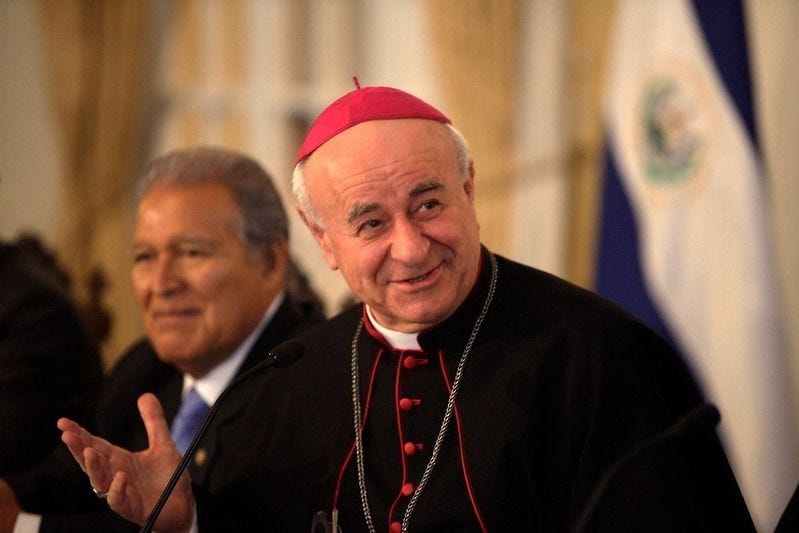Paglia used charity funds to renovate apartment
Hundreds of thousands were paid to a contractor instead of going to missionary and charitable projects. Paglia claims they were repaid; while others cry foul.
Archbishop Vincenzo Paglia diverted hundreds of thousands of euros allocated to support missionary and charitable works while he served as president of the Pontifical Council for the Family. Paglia used much of the money to finance building projects in Rome, including the renovation of his personal apartment, The Pillar has learned.
According to multiple…

